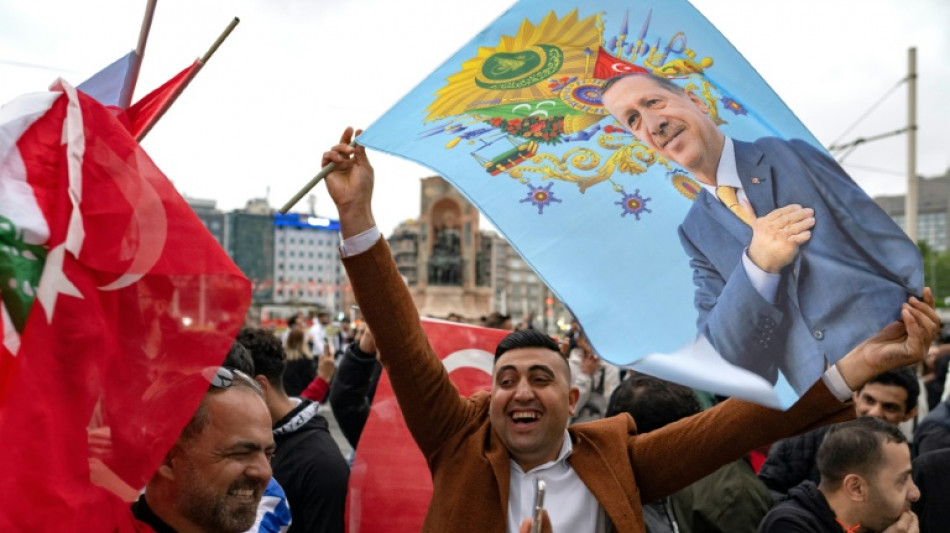
-
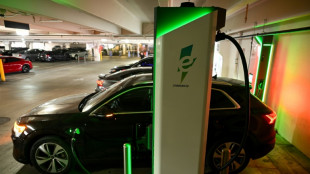 California leads lawsuit over Trump's EV charging funding change
California leads lawsuit over Trump's EV charging funding change
-
Meta blocks access to Muslim news page in India
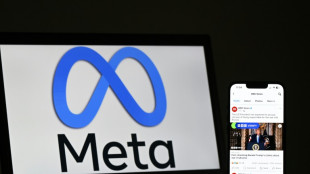
-
 PSG are deserving Champions League finalists, says Luis Enrique
PSG are deserving Champions League finalists, says Luis Enrique
-
Bolsonaro leads rally at site of 2023 Brazil insurrection
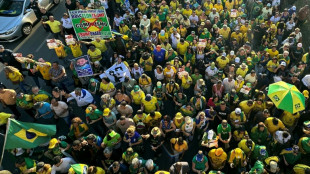
-
 Mexico City prepares to welcome millions for 2026 World Cup
Mexico City prepares to welcome millions for 2026 World Cup
-
Putin's order for three-day truce with Ukraine enters force
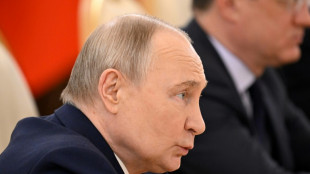
-
 Defiant Arteta says Arsenal were best team in Champions League despite painful exit
Defiant Arteta says Arsenal were best team in Champions League despite painful exit
-
US envoy Witkoff briefs UN Security Council on Gaza, other issues
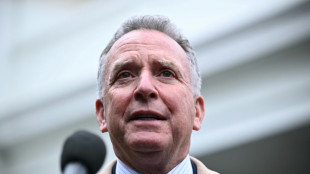
-
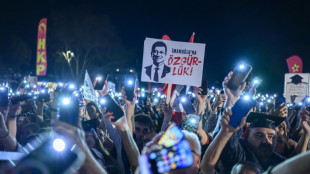 Tens of thousands take part in Istanbul rally for jailed mayor
Tens of thousands take part in Istanbul rally for jailed mayor
-
Pakistan warns will 'avenge' deaths from Indian strikes
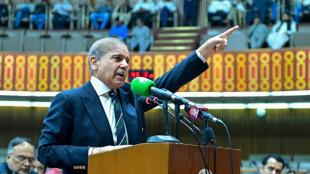
-
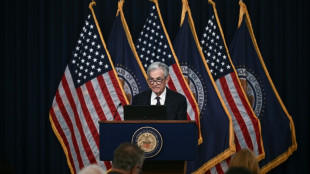 US Fed pauses rate cuts again and warns of inflation, unemployment risks
US Fed pauses rate cuts again and warns of inflation, unemployment risks
-
New accuser testifies against Weinstein in New York retrial
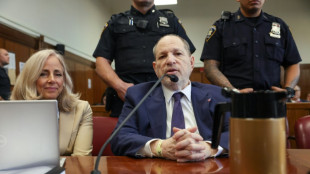
-
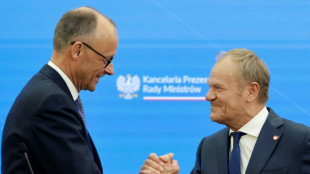 Merz supports easing EU fiscal rules to boost defence spending
Merz supports easing EU fiscal rules to boost defence spending
-
PSG finish off Arsenal to reach Champions League final

-
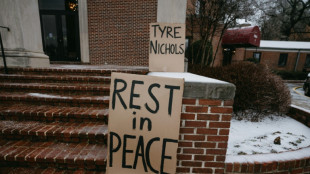 Ex-US police officers acquitted in beating death of Black motorist
Ex-US police officers acquitted in beating death of Black motorist
-
Curry ruled out for a week in NBA playoff blow to Warriors

-
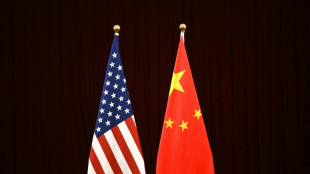 Global stocks mixed as markets eye weekend US-China trade talks
Global stocks mixed as markets eye weekend US-China trade talks
-
Fear and loathing: Trump film threat shocks Latin America

-
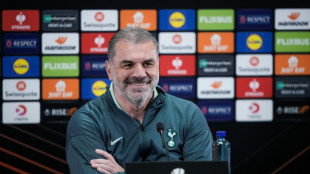 Postecoglou hits back at Wenger over 'crazy' Spurs claim
Postecoglou hits back at Wenger over 'crazy' Spurs claim
-
US Fed pauses cuts again and flags inflation, unemployment risks
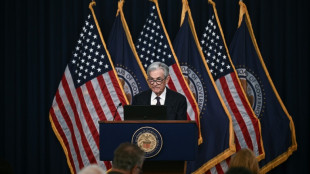
-
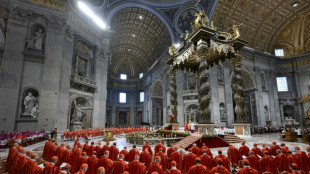 Black smoke: Cardinals fail to elect new pope on first try
Black smoke: Cardinals fail to elect new pope on first try
-
Web archivists scrambling to save US public data from deletion
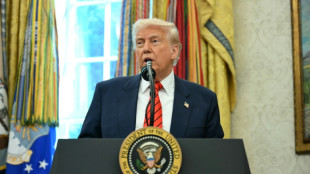
-
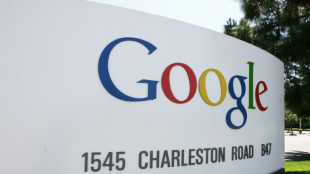 Google shares plunge after Apple executive's court testimony
Google shares plunge after Apple executive's court testimony
-
Perrier ordered to remove water filters

-
 PGA of America to give away 3,000 Ryder Cup tickets
PGA of America to give away 3,000 Ryder Cup tickets
-
US safety officials slow operations at Newark airport after outage
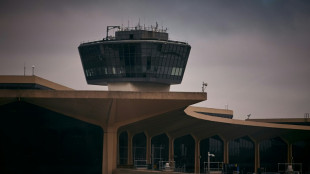
-
 Brevis blitz dims Kolkata's IPL playoff hopes
Brevis blitz dims Kolkata's IPL playoff hopes
-
US Fed pauses rate cuts again, flags higher inflation risk
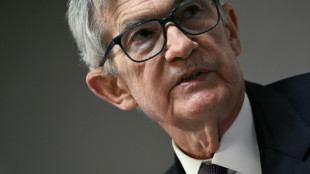
-
 McIlroy moves on after Masters win to defend PGA Truist title
McIlroy moves on after Masters win to defend PGA Truist title
-
Spurs star Maddison ruled out for rest of season

-
 OpenAI offers to help countries build AI systems
OpenAI offers to help countries build AI systems
-
Germany's new govt orders border police to reject most asylum seekers
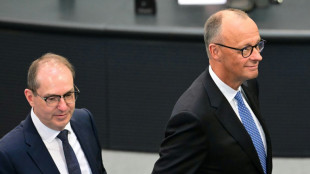
-
 USA hosts Pacific Nations Cup finals with eye to '27 Rugby World Cup
USA hosts Pacific Nations Cup finals with eye to '27 Rugby World Cup
-
Six Bulgarians face long UK jail terms for spying for Russia
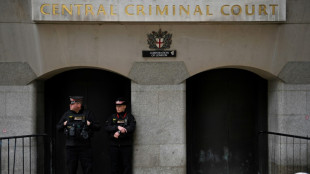
-
 'Hitman' Sharma: Big-hitting leader of India's cricket dreams
'Hitman' Sharma: Big-hitting leader of India's cricket dreams
-
Wales fly-half Anscombe signs for French club Bayonne

-
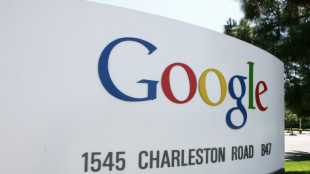 Alphabet's share price plunges on traffic drop testimony
Alphabet's share price plunges on traffic drop testimony
-
Amorim eyes European glory with 'worst' Man Utd team in Premier League history

-
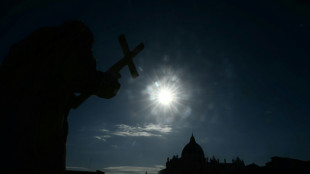 Pink smoke signals in Rome call for women priests
Pink smoke signals in Rome call for women priests
-
Utah's NHL team selects Mammoth as nickname

-
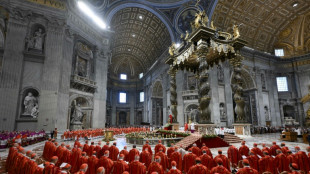 Cardinals locked inside Sistine Chapel as conclave begins
Cardinals locked inside Sistine Chapel as conclave begins
-
South Africa launches reform of derelict municipalities
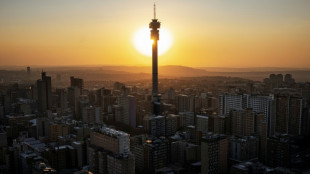
-
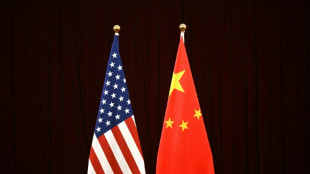 Chinese stocks, dollar rise before trade talks, Fed move
Chinese stocks, dollar rise before trade talks, Fed move
-
Serbian leader Vucic defies EU with Russia visit
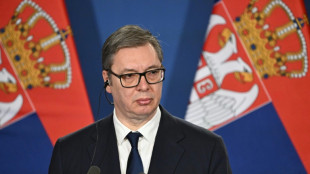
-
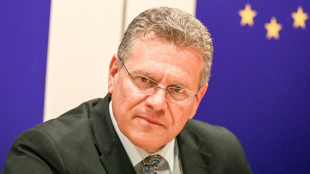 EU trade chief says accelerating free trade talks with Asia
EU trade chief says accelerating free trade talks with Asia
-
Conference League glory would prove Chelsea are back: Maresca

-
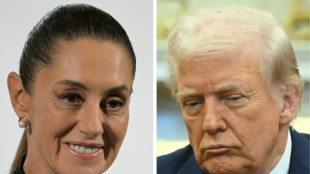 Sheinbaum says Mexico will defend free trade deal with US, Canada
Sheinbaum says Mexico will defend free trade deal with US, Canada
-
UN experts warn of 'annihilation' in Gaza amid Israeli strikes

-
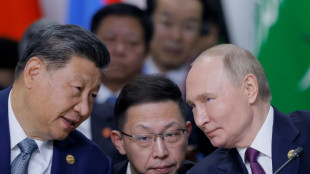 China's Xi lands in Moscow to beef up 'no limits' Putin partnership
China's Xi lands in Moscow to beef up 'no limits' Putin partnership
-
Finnish fighter jet crashes in Arctic town, pilot ejected
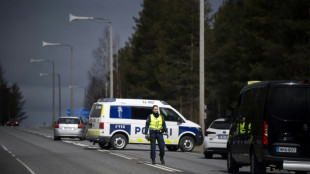

'Day of reckoning': Turkish economy's post-election peril
Turkey's economy is in a double bind: analysts see its current policies leading to imminent peril and the prescriptions incurring massive pain.
President Recep Tayyip Erdogan campaigned round the clock to win the toughest election of his two decades in power in a historic runoff last weekend.
He also poured billions of dollars into campaign pledges -- and tens of billions more into keeping the lira from suffering politically sensitive falls before the vote.
Analysts at Capital Economics think Turkey now faces its post-election "day of reckoning".
Turkey's once-vibrant economy -- driven by relatively cheap labour and a well-oiled banking system -- is confronting a self-inflicted problem few other countries have faced.
Erdogan has waged a lifelong war on high interest rates that he occasionally attributes to his faith in Muslim rules against usury.
He calls high rates "the mother and father of all evil" promoted by a foreign "interest lobby".
Erdogan sped through a series of central bankers before finding one willing to follow through on his desire to slash rates at all costs in 2021.
The results were dire.
- Freefall -
The lira entered a freefall and the official annual inflation rate soon touched 85 percent. The unofficial one estimated by economists -- and believed by most Turks -- neared 200 percent.
Analysts see the most recent period of chaos as the culmination of Erdogan's gradual departure from the prosperous policies of his first decade of rule.
Foreign investors have largely abandoned Turkey because of its political instability and Erdogan's takeover of state institutions that were once run by impartial technocrats.
"The balance sheet so far of Erdogan's two decades in power has been the progressive destabilisation of the economy," Conotoxia investment firm market analyst Bartosz Sawicki said.
"Foreign equity exposure to Turkish bonds is estimated to have declined by around 85 percent since 2013, during which time the lira has lost around 90 percent against the dollar."
Turkey's most immediate problem is that its central bank is running out of cash.
It burned through nearly $30 billion supporting the lira this year alone.
The bank's net international reserves -- a technical measure of how much it has to spend on emergencies -- have dropped into negative territory for the first time since 2002.
"The current setup is just not sustainable," London-based emerging markets economist Timothy Ash said.
- Export competitiveness -
Analysts have two simple solutions: quickly hike interest rates and let the lira float freely again.
Turkey's currency support measures have wiped out the benefits low interest rates gave its loan-dependent producers.
The cars and jewellery Turkey exports in places such as the United States and Europe now simply cost too much.
Analysts at Allianz said the lira has "appreciated by around 35 percent in real effective terms since the unorthodox monetary policy stance took full effect in December 2021".
The lira was hovering near a record 20.3 to the dollar on Tuesday. Analysts at JPMorgan think it could reach the 30 mark if the government stopped intervening.
This would further erode people's purchasing power and potentially require the government to find billions of dollars to spend on new social support measures.
The vicious cycle could be broken by a sharp interest rate hike -- something Erdogan has repeatedly ruled out during the campaign.
Atilla Yesilada, analyst at Turkish consultancy GlobalSource Partners, worries that they country may simply start printing money to pay for the huge hikes in benefits and wages Erdogan promised during the campaign.
- 'Soft capital controls' -
Turkey must also find vast sums -- estimated at roughly $100 billion -- to pay for the reconstruction of cities destroyed by a February earthquake that claimed more than 50,000 lives.
"How any government would finance the reconstruction effort without printing money and leading to hyperinflation is a question that people prefer not to address at this point," Yesilada said.
Analysts agree that Turkey would eventually have no choice but to raise rates.
Emre Peker, Europe director at the Eurasia Group political risk consultancy, said Turkey would first try to contain demand for dollars through "soft capital controls on locals".
But Erdogan could relent and raise rates once March 2024 municipal elections involving Turkey's biggest cities are out of the way.
Allianz said they should go up from the current 8.5 percent to at least 20-25 percent -- the current rate of bank deposits.
But that would create still more problems.
"Raising rates will reduce bank capital," Yesilada warned. "Banks will not be able to lend for a long time."
O.Karlsson--AMWN